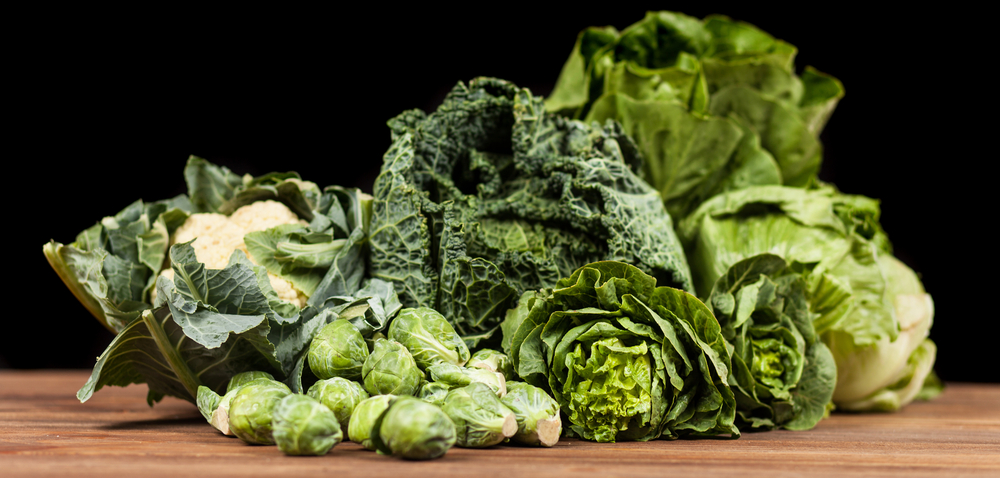
Were you aware that the compounds in cruciferous veggies, such as cabbage and brussel sprouts, can lock onto and impede prostate cancer cells within the human body?
Dissimilar from other vegetables, cruciferous veggies are high sources of compounds such as glucosinolates. These composites produce a robust odor that often emanates from vegetables as well as their mildly pungent taste. Scientists are very curious about sulforaphane, a particular composite within glucosinolates.
Many tests and examinations confirm that sulforaphane interrupts prostate cancer cells, as well as other cancers. Initial studies show that it might also be used to fight melanoma.
Vegetable studies on your prostate
Research conducted at the Linus Pauling Institute at Oregon State University has revealed some encouraging findings in regards to sulforaphane’s prostate cancer-fighting abilities. Their research assessed sulforaphane’s impact on prostate cancer cells and discovered that the composite looks for cancerous cells, while simultaneously leaving the healthy prostate cells on their own.
In this analysis, sulforaphane occupies (HDAC) histone deacetylase enzymes known as cancer developers. This remarkable discovery shows that sulforaphane might be a secure, effective, and potent medium for circumventing as well as treating prostate cancer.
- Furthermore, other studies demonstrate that glucosinolates in cruciferous vegetables can assist with:
- Safeguarding cells by disabling carcinogens and minimizing inflammation.
- Managing irregular cell growth.
- Occupying the emigration of tumor cells.
- Offering antioxidants to safeguard cells and bolster the immune system.
- Sustain healthy DNA.
The present belief is that genetics impact how much each individual will benefit from ingesting cruciferous vegetables. Scientists believe people have different levels of ability to assimilate and dispense sulforaphane, although they don’t understand who might benefit the most from consuming more of these kinds of foods.
The National Cancer Institute suggests ingesting as much as five to nine helpings of fruits and vegetables every day, however, there are presently no formal suggestions for the intake of cruciferous vegetables. The researchers at Oregon State suggest cruciferous vegetable intake on a daily basis. This includes broccoli, brussel sprouts, cauliflower, etc.
Professionals suggest receiving glucosinolates as well as other vitamins via diet versus taking supplements, as excess quantities of fixed nutrients might actually be detrimental.
This study offers hope for a new method to avoid or medicate prostate cancer as well as other cancer forms. And it provides supportive data that people should consume a healthy, balanced, diet that’s high in plant foods, including but not limited to, an abundance of cruciferous vegetables.
Dec 15, 2021 | Cole Parrish
 Find a Center
Find a Center Contact Us
Contact Us